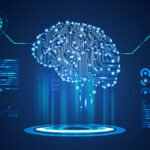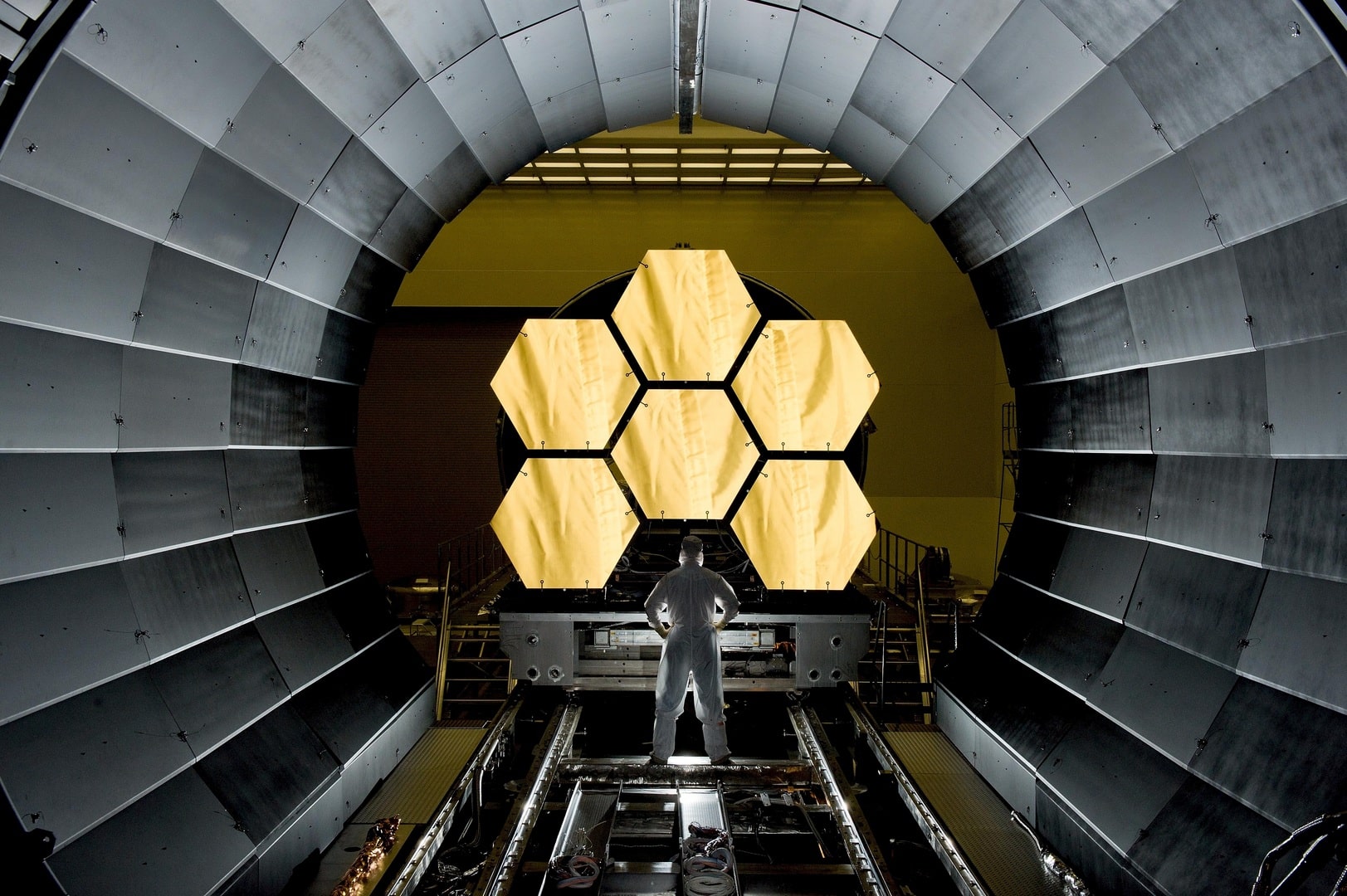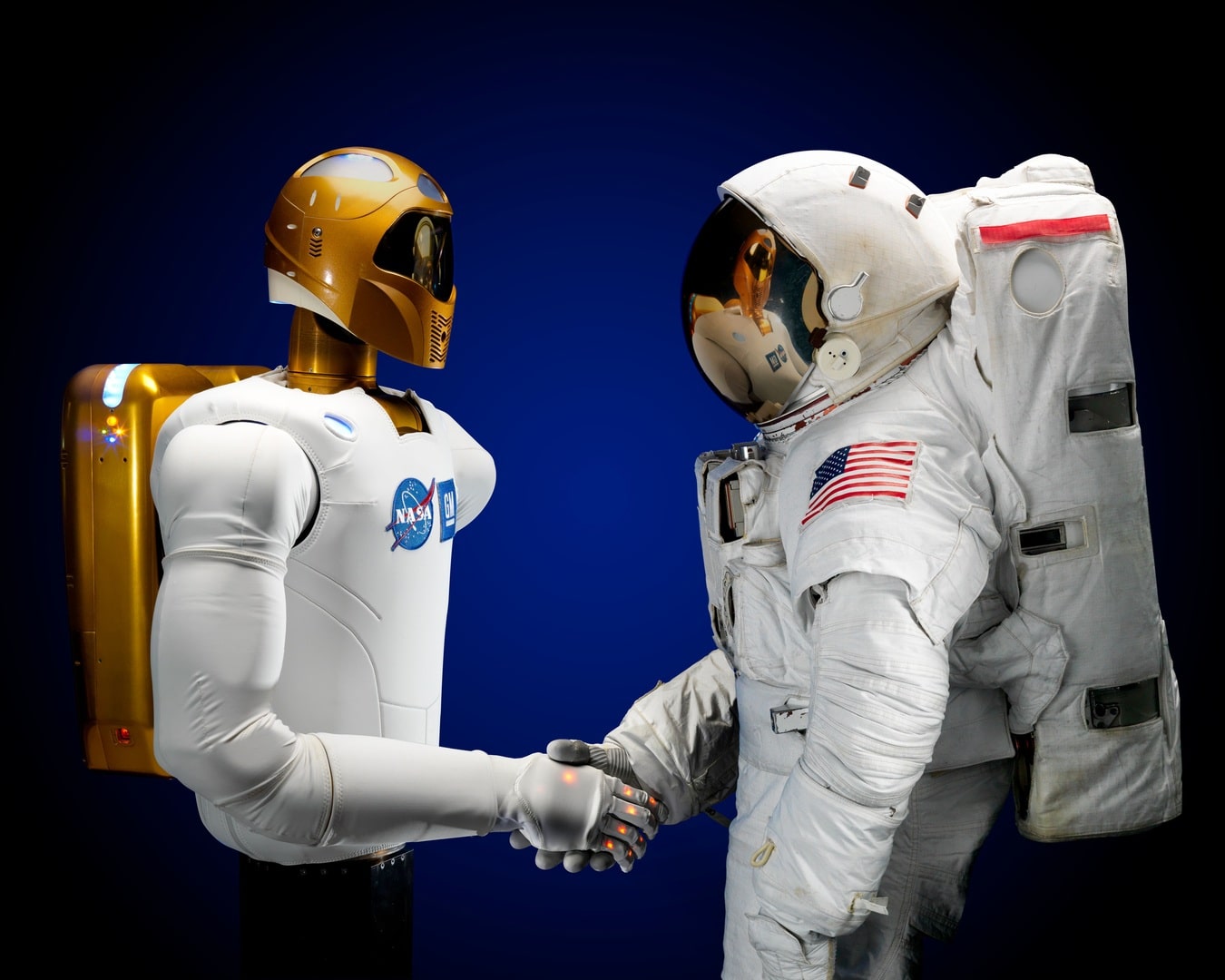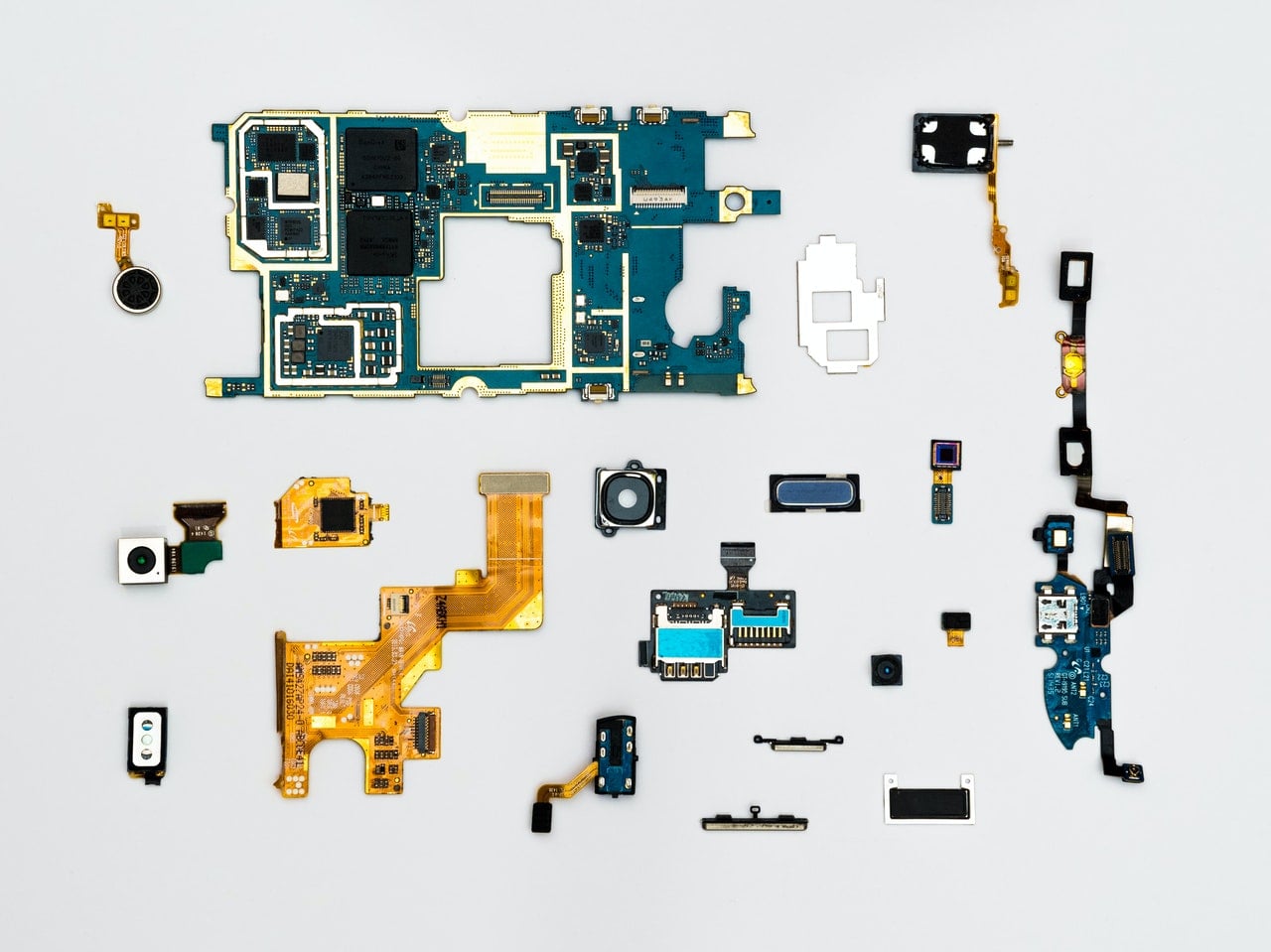AI in Veterinary Medicine: AI applications for animal health diagnosis and treatment.
The field of veterinary medicine has witnessed remarkable advancements over the years, and now, the integration of artificial intelligence (AI) is ushering in a new era of precision and efficiency. AI technologies are revolutionizing how animals are diagnosed, treated, and cared for, offering veterinarians powerful tools to enhance their abilities and improve the well-being of our furry, feathered, and scaly companions. In this article, we explore the diverse applications of AI in veterinary medicine and the transformative impact it is having on animal health.
I. Challenges in Veterinary Medicine
Veterinary medicine comes with its own set of challenges, ranging from accurate diagnosis of complex conditions to personalized treatment plans for individual animals. Additionally, the sheer volume of data generated during animal health assessments requires efficient processing and analysis, making AI a perfect candidate for addressing these issues.
II. AI Applications in Animal Health
- Medical Imaging and Diagnosis AI algorithms, particularly deep learning and convolutional neural networks, have proven their proficiency in analyzing medical images. In veterinary medicine, AI can analyze X-rays, MRI scans, and other imaging modalities to identify abnormalities, tumors, fractures, and other health issues in animals with speed and accuracy.
- Disease Detection and Monitoring AI can monitor and analyze various physiological and behavioral data from animals, such as heart rate, temperature, and activity levels. By identifying patterns and deviations, AI can help veterinarians detect diseases in their early stages and track the progression of chronic conditions.
- Personalized Treatment Plans AI-driven algorithms can process vast amounts of data to suggest personalized treatment plans based on an animal’s medical history, genetics, and current health status. This tailored approach to treatment enhances the chances of successful outcomes and minimizes adverse reactions.
- Drug Discovery and Development AI accelerates the drug discovery process by predicting how certain compounds will interact with an animal’s biology. This enables researchers to identify potential candidates for new treatments and reduce the time and resources required for drug development.
- Virtual Consultations and Telemedicine AI-powered virtual assistants and telemedicine platforms enable remote consultations between veterinarians and pet owners. Through chatbots or video conferencing, pet owners can receive guidance, advice, and even preliminary diagnoses, increasing access to veterinary care, especially in remote areas.
III. Success Stories and Impact
- Canine Cancer Detection AI has been successfully applied to detect canine cancer through the analysis of canine scent samples. Specially trained AI algorithms can identify unique odor patterns associated with cancer, enabling early diagnosis and intervention.
- Equine Lameness Detection Equine veterinarians are using AI-powered gait analysis systems to identify lameness in horses. These systems track movement patterns and assess asymmetry, aiding in early detection and treatment.
- Livestock Management AI-powered sensors and monitoring systems are being employed in livestock management to track animal health, optimize breeding programs, and prevent disease outbreaks in large-scale agricultural operations.
IV. Ethical Considerations and Future Prospects
While AI offers tremendous benefits to veterinary medicine, ethical considerations must be taken into account. Maintaining the human-animal bond and ensuring that the integration of technology does not replace the compassionate care provided by veterinarians are crucial aspects to consider.
The future of AI in veterinary medicine is bright. As AI algorithms continue to learn and evolve from the vast amounts of data available, their accuracy and capabilities will only improve. By seamlessly integrating AI tools into veterinary practice, the well-being of animals across the globe stands to benefit significantly.





























